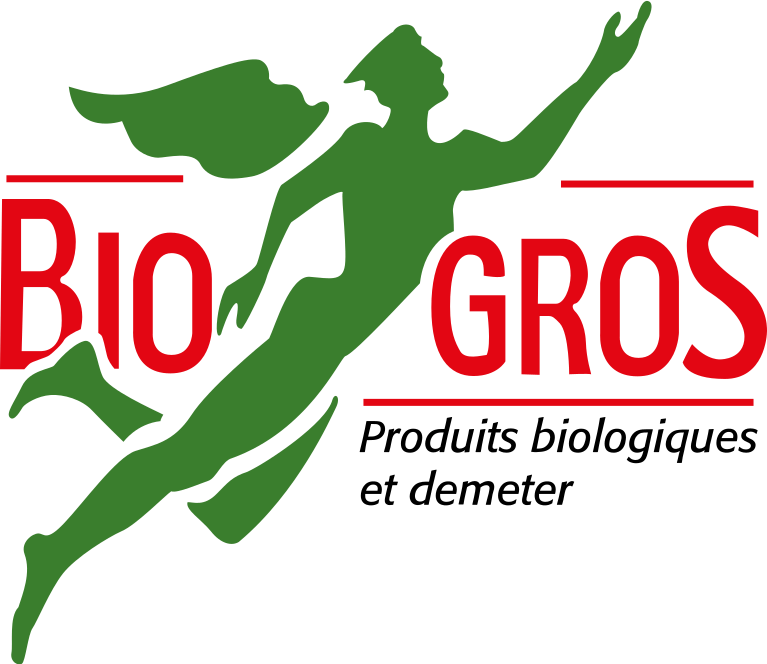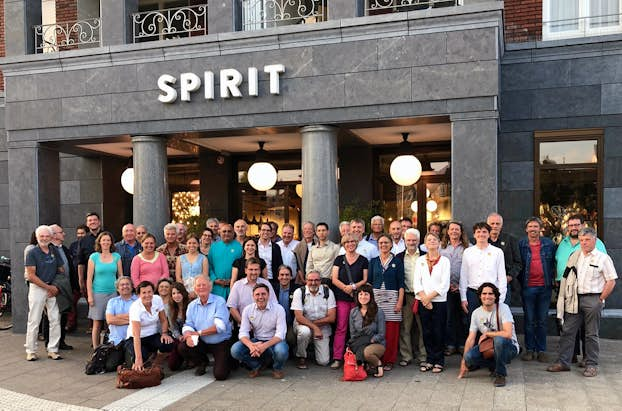- News
Sixth year of the economic council: how is the organic industry financed?
In 2018, the business council for agriculture met at the Goetheanum in the Dutch town Doorn near Utrecht with nearly 70 participants. The three-day-long event was a foretaste of the following conference for agriculture, which was held under the devise "the economy of agriculture" in February 2019 in Dornbach – working focus this year: Financing, capital, and "associative thinking of property", hence topics of high actuality.
Numerous Guiding questions structured the debate, such as: How is the value of a farm determined? How can a company be structured in order not to dependent on profit-oriented investors? How can profits be invested according to the common good and capital be used purposefully along the whole value chain? Whom does the farm and the land belong to? What role does the consumer play in the whole context? All These questions have been discussed in multiple lectures.
After an introduction on the the principles of Rudolf Steiner by Änder Schanck, Merle Koomans van den Dries from the wholesaler- and retailer-company Odin talked about the convertion of the firm from a general organic to a cooperative supermarket. Odins clients are closely involved in the financing and ownership process. There are two prices on the store shelf: one for regular clients and one cheaper price for the nearly 7000 registered members.
Markus Lüthi from the Bio Development AG, operating in Switzerland, Germany and Italy, demonstrated their requirements for equity participation in organic companies and presented the Bio Development as an alternative to financing through big corporations and banking institutions
The true costs of the Food industry were analysed critically. Natural ressources such as air, soil and oceans are common goods of the earth. Whoever produces at the expenses of nature, needs to take responsibility. How to incorporate external costs of economic activity in monetary values was demonstrated by Volkert Engelsman from the organic wholesaler Eosta with the example of True Cost Accounting.
On the third day, the Charta for an associative economy, which was developed at the last meeting in Luxembourg and received much attention since then, has been the main topic. The Charta was extended with the goals of the cultural seed promotion. The reason for this inclusion was the common awareness, that the cultivation of organic breeds plays a fundamental part in the associative process in the economic world.

